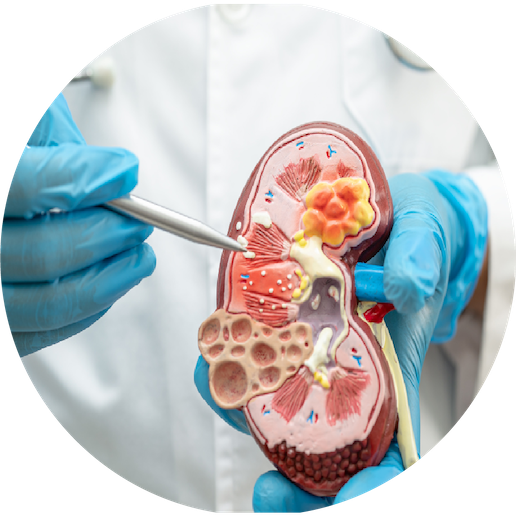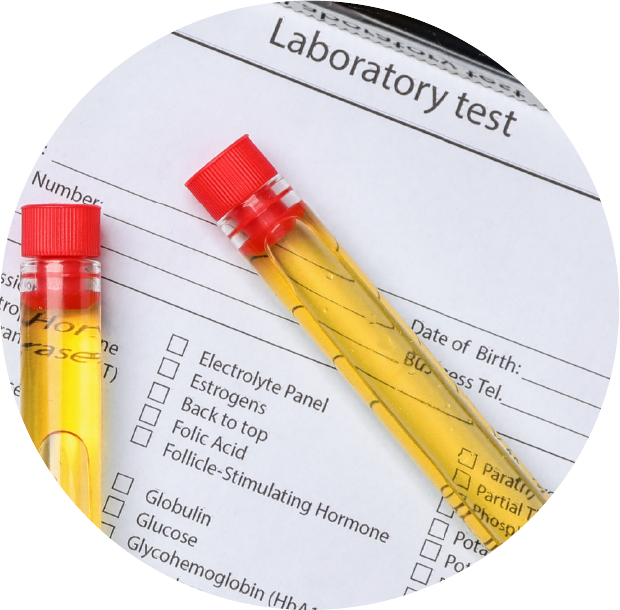Male prostate, bladder and Urology system examination includes:
- Digital rectal exam
- PSA blood test
- Ultrasound examination of the prostate
- Urodynamic testing
Treatment depends on the severity of symptoms, impact on quality of life, and patient preference. Treatments include lifestyle changes, medicines, and surgery. If you experience the above symptoms or are concerned that you may have benign prostatic hyperplasia, please do not hesitate to contact us today!
Here are tips for preventing common urinary problems in men:
- Stay hydrated: Drinking enough fluids, especially water, can help prevent UTIs and kidney stones.
- Practice good hygiene: keep the genital area dry and clean to prevent infection. For uncircumcised men, it is also important to clean the area under the foreskin regularly.
- Prompt urination: Holding in urine for too long increases the risk of UTIs and other urinary problems.
- Eat a healthy diet: A balanced diet rich in fruits, vegetables, and whole grains can help prevent UTIs and kidney stones.
- Regular exercise: Regular exercise can help improve urinary function, reduce the risk of prostate problems, watch your weight, and avoid obesity.
- Quit smoking: Smoking increases the risk of bladder and kidney cancer, and quitting smoking can reduce the risk of these diseases.
- Manage chronic conditions: Chronic conditions such as diabetes increase the risk of UTIs and other urinary problems, so these conditions need to be carefully managed.
By following these tips, men can reduce their risk of common urinary disorders. Seek immediate medical attention if you develop any symptoms of a UTI or other urinary problem.




